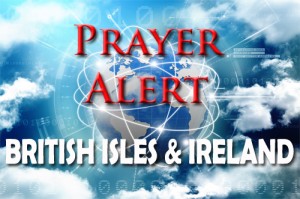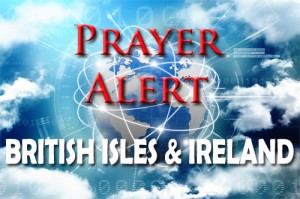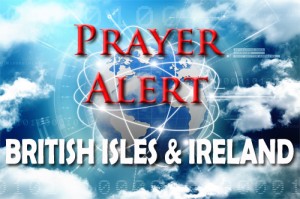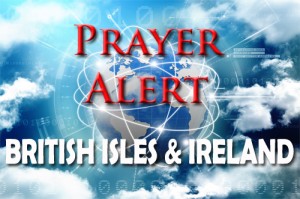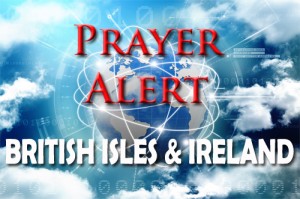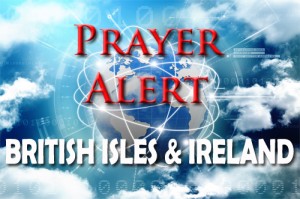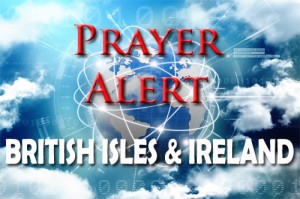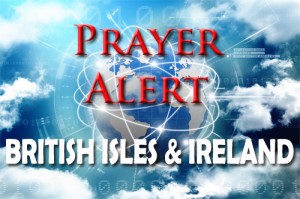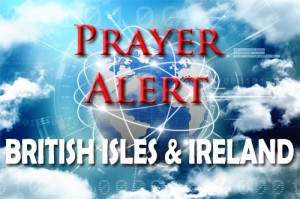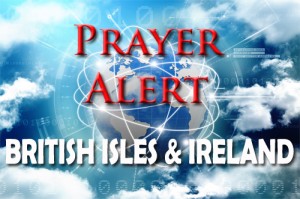Displaying items by tag: United Kingdom
Patient dies after first robot-assisted heart surgery
A UK hospital is investigating a patient's death after the UK's first robot-assisted heart valve surgery. The pioneering robot-assisted operation ended in catastrophe, with a cascade of failures causing the death of retired conductor Stephen Pettitt at Freeman Hospital in Newcastle. Lead surgeon Sukumaran Nair and his assistant could hardly hear each other due to a ‘tinny’ sound emanating from the robot console Nair was operating. He had to shout to warn his colleague that the robot was stitching up the valve incorrectly - and then shout again when he saw the robot knock one of the surgical assistants' arms. The patient's aorta was damaged. As events spiralled out of control, the two robotics experts who should have been on hand to take over in a crisis could not be found, having already gone home. The surgeons abandoned the robot and began open chest surgery, but by this point the patient’s heart was functioning ‘very poorly’. He died days later of multiple organ failure. The coroner said it was ‘more likely than not’ that the patient would have survived conventional open-heart surgery.
Prince Charles won't speak out when he becomes king
In a BBC documentary to mark his 70th birthday, Prince Charles said the idea that as king he would continue making interventions was 'nonsense'. He said he would have to operate ‘within constitutional parameters'. He has campaigned on issues including the environment, wildlife preservation, architecture and the use of GM crops. When asked about what some people call his 'meddling', he said he had always tried to remain 'non-party political'. He said: 'I think it's vital to remember there's only room for one sovereign at a time, not two. So, you can't be the same as the sovereign if you're the Prince of Wales or the heir. The two situations are completely different.' Asked whether his public campaigning would continue, he said: 'No, it won't. I'm not that stupid. I do realise that it is a separate exercise being sovereign. So of course I understand entirely how that should operate.’
Armistice centenary celebrated
On 11 November 1918, the Armistice was signed, bringing an end to the First World War. Big Ben sounded in Parliament Square to ring in the news as thousands gathered to celebrate, sparking three days of jubilation across Britain. Prime minister Lloyd George told the House of Commons, ‘I hope we may say that thus, this fateful morning, came an end to all wars.’ The national mood was not exclusively joyous. Wounded veterans met the news in silence, reflecting on a victory that had cost so many lives. Over the next two years, 5,000 war memorials were erected in towns and villages, as reminders of the past and warnings to future generations not to repeat the mistakes of history. This year, appropriately, Armistice Day coincides with Remembrance Sunday. The two-minute silence will commence at precisely 11 am, marking exactly 100 years to the second since the war came to an end.
UK economic growth will be slowest in Europe
The UK will join Italy next year as the slowest-growing economy in Europe, before holding that title alone in 2020, according to a European Commission forecast. These gloomy predictions are based on a soft Brexit - meaning that Britain is expected to lag behind all its EU peers even if Theresa May can reach a deal with Brussels before 29 March. The commission expects consumer spending growth to remain weak, continuing a poor performance since the June 2016 referendum. The result will be GDP growth of only 1.2% in 2019 and 2020. The forecast came as the IMF sounded the alarm over the mounting risks to the European economy from a no-deal Brexit, the escalation of trade disputes around the world, and high levels of Italian government debt.
Farming and the land
We praise God for a glorious autumn, a welcome respite for farmers from the difficult weather conditions of recent months. As with many of our industries, farmers are frequently frustrated by regulations, many of which are sensible and beneficial, but some less so. The recent removal of access to certain seed dressings and spray chemicals has seriously reduced the armoury of crop protection available to the agronomist, resulting in reduced yields or fields having to be re-sown. The chemical alternatives to the banned products might actually prove to be more harmful to the environment.
Raising voices for the voiceless
This winter cathedrals, churches, schools and community projects around the country are hosting choir concerts and carol services and raising their voices for the voiceless. There will be a huge number of amazing events, everything from sing-along spectaculars to classical choral concerts to bucket-bearing buskers, to help transform lives and communities. They will be raising money for the Church Urban Fund; a social action charity working in local communities throughout England to tackle injustice and poverty including modern slavery, the voiceless and powerless, in need of help and support. Gifts will aid work with asylum-seekers, homeless people, families facing food poverty and financial exclusion, and those feeling they are on the edge, isolated and lonely. Recruiting for and organising these events is going on now.
Christian ministry to seafarers
The Sailors' Society, an international charity based in Southampton, started a crisis response network (CRN) in South Africa in 2015, providing trauma care and counselling wherever necessary. This network provided support to its 100th case this week, with piracy, death at sea and abandonment accounting for 59% of those supported. 26% of those seeking crisis response were affected by piracy. The CRN now has 52 chaplains trained to offer crisis support to seafarers around the world. The International Maritime Bureau saw 107 actual or attempted attacks in the past six months, up from 87 in the same period of last year, with Nigeria and Indonesia the main piracy hotspots. On 31 October, eleven seafarers were seized by pirates off the Nigerian coast. Piracy, and the fear of piracy, is a massive issue for seafarers.
Minister resigns over delayed crackdown on betting machines
Tracey Crouch, the sports minister, resigned on 1 November as a protest over the delay in cutting the maximum stakes from £100 in fixed-odds betting terminals (FOBTs). The Government had announced this plan in May 2018 (see ), and Philip Hammond announced in his Budget Day speech it would come into force in October 2019. Ms Crouch said pushing back the date was ‘unjustifiable’, and could cost the lives of problem gamblers. She tweeted: ’Politicians come and go, but principles stay with us forever.’ Culture secretary Jeremy Wright denied Labour claims that MPs had been led to believe the cut would come into force in April 2019. But in her resignation letter, Ms Crouch said: ‘Unfortunately, implementation of these changes are now being delayed until October 2019 due to commitments made by others to those with registered interests.’
Education spending
Children from richer families used to benefit much more from public spending on education than those from poorer backgrounds. However, a report from the Institute of Fiscal Studies, based on research in state-funded schools between 2003 and 2010, notes a substantial shift in this pattern. Due to new policies such as ‘pupil premium’, which aims to help disadvantaged pupils of all abilities in publicly-funded schools to perform better, education spending is now more likely to be skewed towards poorer pupils. Also, the socio-economic gaps in higher education have narrowed. The report concludes, ‘The realistic evidence suggests that focusing more education spending on poorer pupils should lead to substantial improvements in their life chances’.
Organised crime
As the security minister, Ben Wallace, launched a new strategy to tackle organised criminal activity that costs the UK economy £37bn a year, the National Crime Agency (NCA) revealed the impact on British citizens. ‘The threat from serious and organised crime has changed rapidly, increasing in both volume and complexity. We know that it now affects more UK citizens, more often, than any other national security threat. It kills more of our citizens than terrorism, war and natural disasters combined.’ The Home Office said there are around 4,600 serious and organised crime groups in the UK, using violence and intimidation in communities to operate and prey on the most vulnerable, including victims of modern slavery and human trafficking. Mr Wallace, said, ‘Many serious criminals think they are above the law. They believe they can defy the British state and act with impunity against our businesses and our way of life. They are wrong.’
